Protecting animals when the mercury drops
June 09, 2021We often talk about the dangers of hot weather for pets in the Australian summer, but what about the cold?
Frozen birdbaths, frosted lawns and a bed that’s far too warm to climb out of – the harsh conditions of a winter morning are hard enough to deal with as a human, but have you thought about how it might be impacting your pets?
Short-coated, elderly, young, underweight and unwell animals are especially vulnerable during severe storms and low temperatures. Despite our pets rocking a fur coat, they are just as susceptible to chilly conditions as we are.
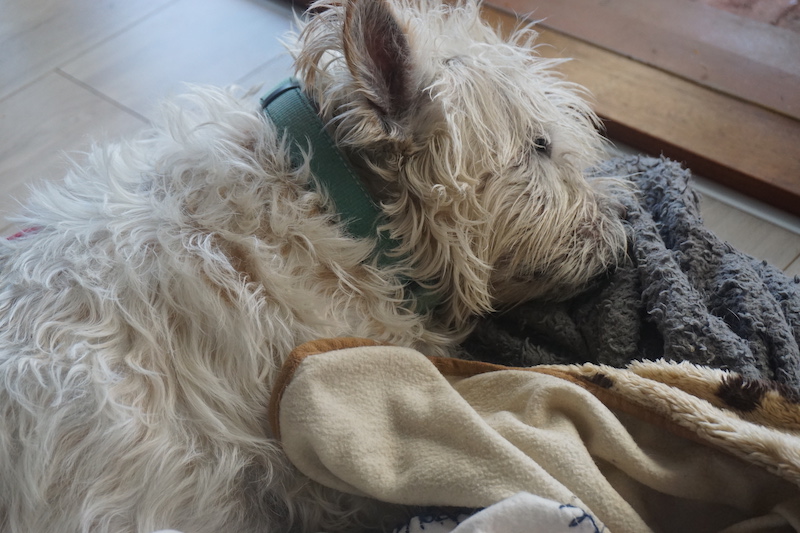
Making a safe place to snuggle up
You might notice a change in your pet’s preferences during winter, with your cat or dog choosing to sleep next to your heater or under a blanket. It’s important to supervise your animal when they choose to sleep near the warmth of a heater or fire – they run the risk of drying out their skin and even receiving burns if they sleep too close. A guard around heaters is recommended, not only for the safety of pets but also children.
Be mindful of the risks for pets if they are outdoors in cold weather. They require a safe, dry and warm place protected from rain and wind to bunker down during the colder months. In extreme cold, pets should be brought indoors. If this isn’t possible, then shelters such as dog kennels should be large enough for the animal to move around while small enough for them to retain some body heat. Additional bedding may also be needed to ensure your animal keeps warm.
Be aware that smaller pets such as rabbits and guinea pigs are especially prone to rapid drops in body temperature if exposed to cold conditions – bringing them into warmth indoors is their best protection.
Older animals, animals with health conditions such as arthritis and those with short fur may require a warm, fitted coat to help them maintain their body temperature.
Cats and kittens, and even native animals like possums, may seek out the warmth of car engines, so if you hear unusual noises coming from beneath your car bonnet, get a torch and take a thorough look before you start the engine.
Of-course, if your pets are smoochy, the best way to keep everyone warm is to snuggle up together inside!
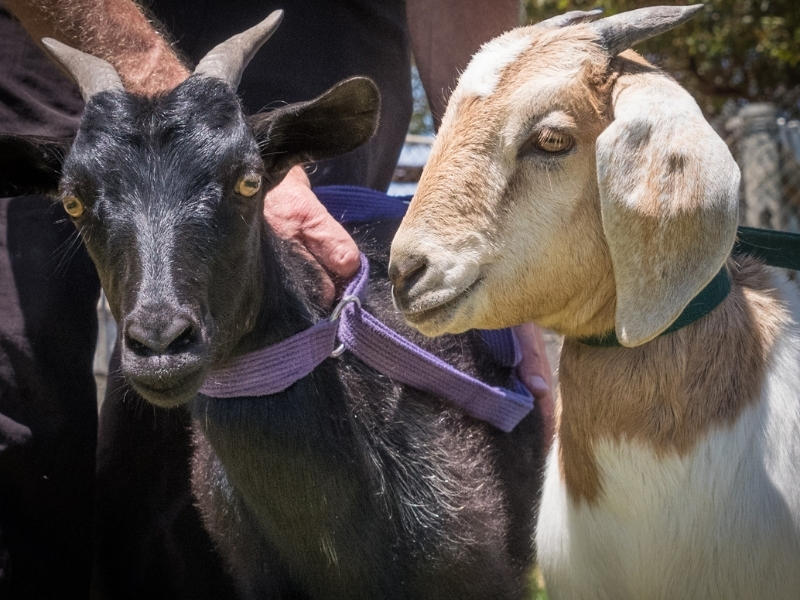
Farm animals feel the cold too
Maintaining adequate body weight and offering shelter in a draft-free, dry environment will drastically improve the welfare of farm animals.
Communal living offers farm animals a chance to create their own heat. Cattle and sheep will huddle beside one another, sharing heat generated by their bodies, but they still require shelter, especially in storms. Establishing windbreaks such as trees can provide some shelter during storms, but ideally three-sided shelters should be available for animals to escape the cold, rain and wind.
For horses, a quality rug may help in winter. However, rugs on horses can cause significant welfare issues if not used properly – and may not be needed at all. For more information, refer to RSPCA Australia’s knowledgebase article – “Do I need to rug my horse?”.
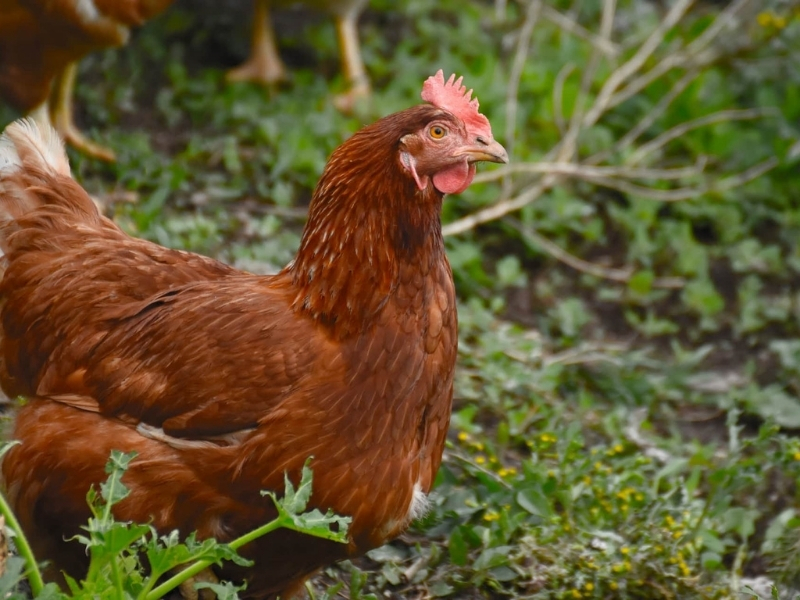
Why did the chicken cross the road? Because she was cold
Lighter feather breeds of chickens are susceptible to extreme weather and require well-insulated chicken coops, which are placed off the ground.
During winter, chickens will spend more time indoors, and this can lead to increased levels of ammonia within the air. To ensure ammonia doesn’t become a health concern, it’s important to clean the coop frequently. Regularly replenishing straw and incorporating a dust bath within the coop will help to keep your chickens both warm and mentally stimulated during the colder months.
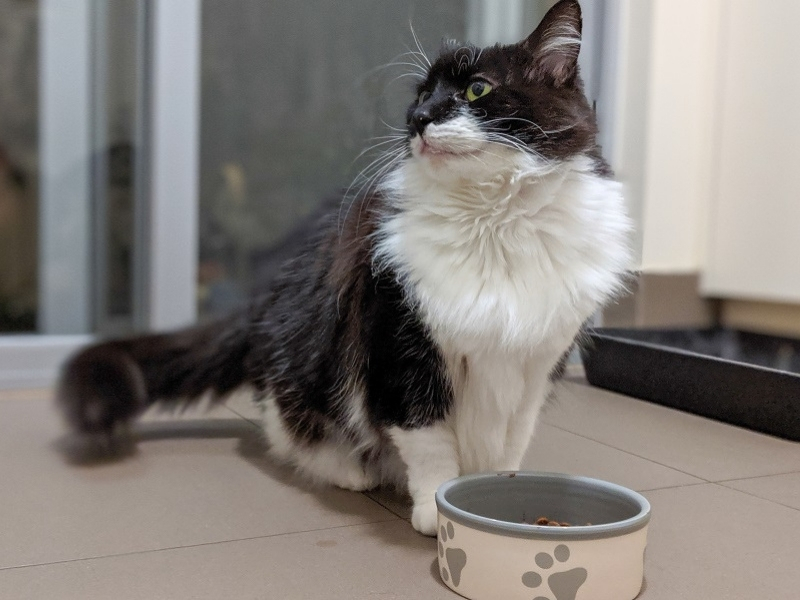
Food intake may need to be increased
Animals may require more food during cold weather, as it takes more energy to regulate their body temperature in the cold. And remember that access to water during cold weather is still important, so check outdoor water bowls and troughs aren’t frozen and provide more than one water source where possible.
One last thing on the subject of water – ever seen a movie where a child has gotten their tongue stuck to a metal pole after licking it? The same thing can happen to your pet if the weather dips below zero degrees.
If you live in an area prone to super cold mornings, we recommend replacing your pet’s metal bowl with a plastic one – no risk of stuck tongues then!
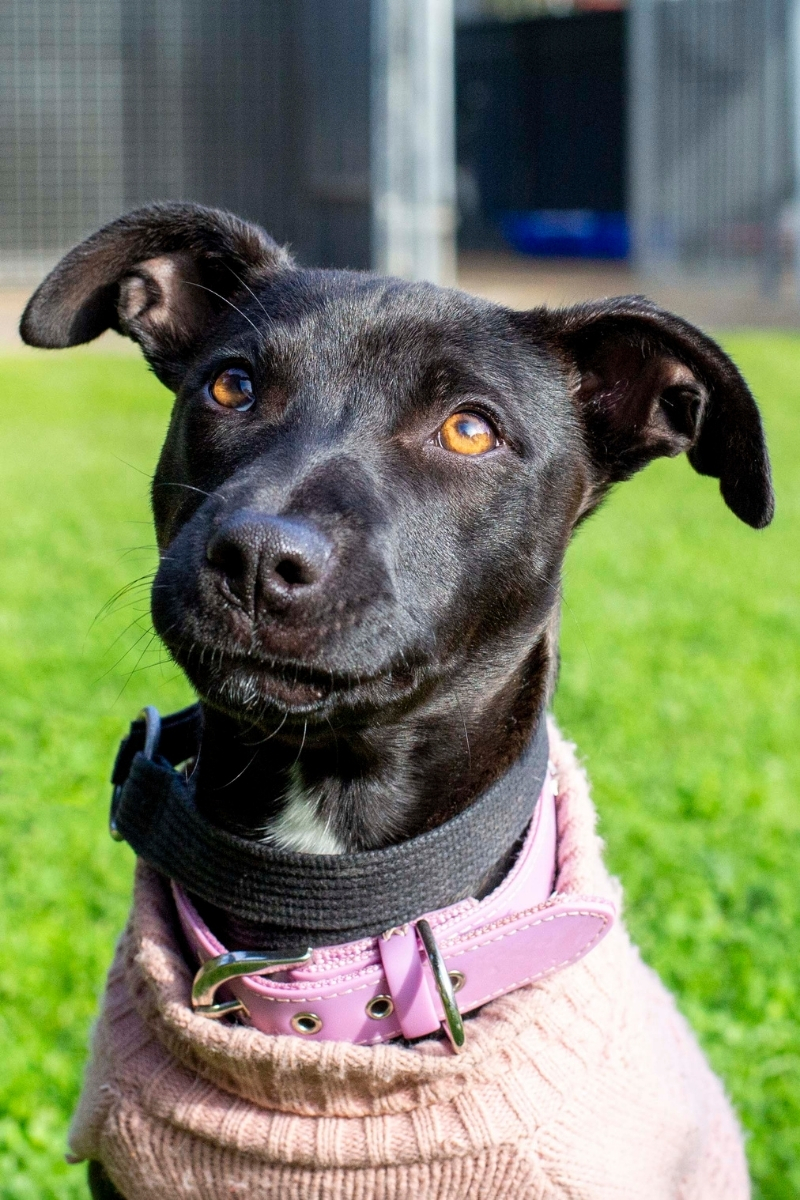
Neglect is rife in the colder months
Unfortunately, we see a spike in cases of neglect during winter. If it’s too cold for you, there’s a good chance it’s too cold for your pets too.
If you notice an animal in distress, please immediately call our 24-hour hotline on 1300 4 777 22. Our rescue officers are entirely funded by community donations. You can learn more about their work here.


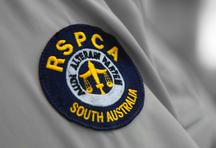

Hello,
I just have a question
My neighbour has a puppy and they leave their dog outside for many hours, So I’m assuming it is an outside dog. I was wondering with winter coming in a few month. That if the dog had no shelter or dog bed or blanket. Is that classed as neglect and could I report that?
As far as my partner and I have noticed the dog doesn’t have a bed. Barely any shelter which is the patio but is full of their belongings
Just curious, and I care about this pups wellbeing
Hi Sabrina, thank you for caring about this puppy. If you think the puppy is being neglected we’d encourage you to call our 24-hour reporting hotline on 1300 4 777 22 and discuss this matter with our team. Thanks.